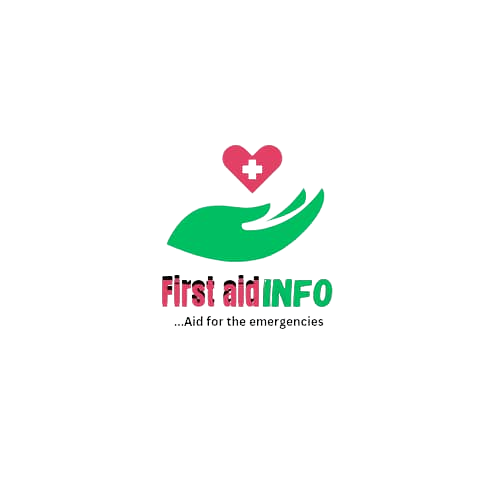The Unseen Wounds: The Role of Psychological Evaluation in First Aid
These recommendations can help a first-aider to approach someone in distress and provide psychological first aid.
When we think of first aid, we often picture medical kits, CPR, and bandages. While these physical interventions are undoubtedly crucial, there’s another aspect of first aid that is equally significant yet often overlooked: psychological evaluation. The mental and emotional well-being of an individual involved in an accident or crisis can be just as fragile as their physical health. In this comprehensive guide, we will explore the importance of psychological evaluation in first aid, the signs to look for, and techniques to provide immediate emotional support.
Understanding the Importance of Psychological Evaluation
A. The Mind-Body Connection
The mind and body are intimately connected. Psychological distress can manifest physically and impact an individual’s overall recovery. Recognizing and addressing these emotional wounds is essential for holistic first aid.
B. Common Psychological Responses to Trauma
It is essential to comprehend how people normally respond to distressing circumstances. Shock, worry, anxiety, rage, and even guilt are typical reactions. Identifying these reactions enables first responders to offer the right kind of assistance.
II. Recognizing Signs of Psychological Distress
A. Behavioral Signs
- Agitation or restlessness
- Withdrawal from others
- Crying, sobbing, or expressions of fear
- An inability to communicate effectively
B. Emotional Signs
- Intense fear or anxiety
- Overwhelming sadness or grief
- Mood swings
- Irritability or anger
C. Cognitive Signs
- Confusion or disorientation
- Difficulty concentrating or making decisions
- Flashbacks or intrusive thoughts
- Feelings of detachment or unreality
Techniques for Immediate Emotional Support
A. Active Listening
Active listening is one of the most effective techniques in psychological first aid. Give the distressed person a sympathetic ear without passing judgment. Let them express their feelings and ideas without being interrupted.
B. Provide Reassurance
Offering reassurance is crucial. Let the person know that their reactions are normal given the circumstances. Assure them that they are safe and that help is available.
C. Encourage Self-Care
Encourage them to practice basic self-care methods like slow breathing, grounding exercises, or finding a quiet, secure place to think. These methods can assist people in regaining control.
D. Connect with Support Systems
Urge the person to contact their network of family, friends, and/or professionals for help. The healing process depends on relationships with other people.
Special Considerations in Psychological First Aid
A. Children and Vulnerable Populations
Children and vulnerable populations may have unique psychological needs. They may require more gentle and age-appropriate communication to express their feelings.
B. Cultural Sensitivity
How people view and respond to traumatic experiences can be strongly influenced by cultural norms and beliefs. In psychological first aid, it’s crucial to be respectful and attentive to cultural differences.
Psychological First Aid Training
For those interested in providing effective psychological first aid, consider enrolling in training programs. These programs teach valuable skills in recognizing psychological distress and providing appropriate support
Conclusion: Healing Beyond the Surface
Psychological evaluation in first aid extends the healing process beyond physical wounds. It acknowledges the importance of mental and emotional well-being in overall recovery. As a first responder, your ability to recognize signs of psychological distress and provide immediate emotional support can make a significant difference in someone’s life. By understanding the importance of psychological evaluation and practicing techniques for emotional support, you can contribute to a more holistic and compassionate approach to first aid, helping individuals heal not only their bodies but their minds as well.



